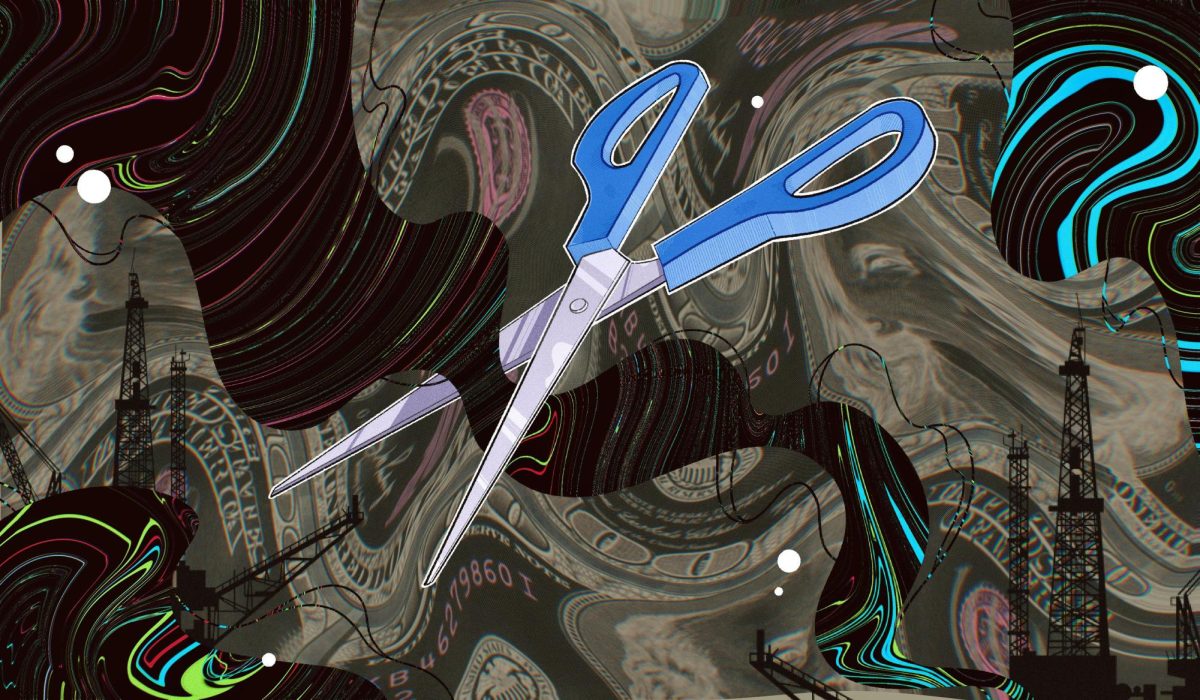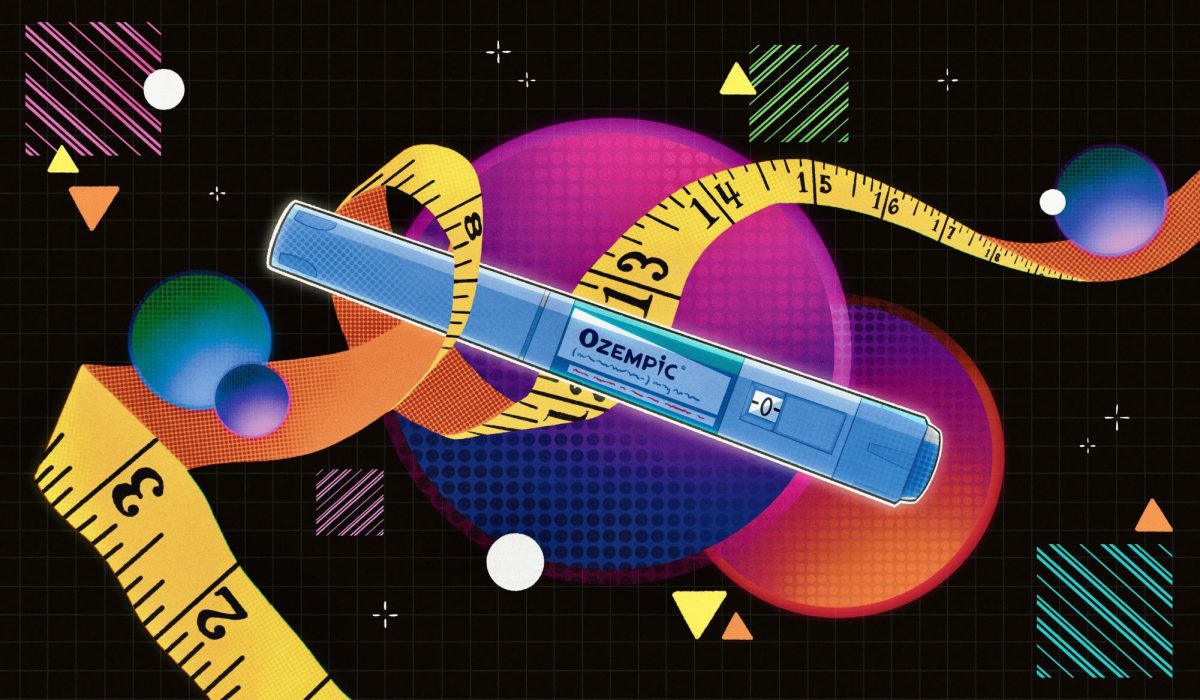It turns out that the bin labeled “food scraps” in the dining hall is just there for eye candy because in reality it is treated as just another bag to send off to the landfill. This was a shocking and perplexing rumor, but was confirmed dining hall worker who said, “When we actually take the compost bag out, we just plunge it into the trash bin.”
UCSD is known as, and has even won awards for, being an especially “green” campus, so this illusion that the school actually composts seems dishonest. Yet with further investigation, it seems that it isn’t the school that is preventing composting from becoming a reality, but the students.
The extra cost of composting is actually due to the fact that it literally takes a man to scavenge through all of the compost to pick out what doesn’t belong. The dining halls are holding off on composting until the students to get used to dividing their compostables into the correlating bin.
I took a look into the composting bins in most of the campus dining halls, and found that students are in fact horrible at separating their waste into the correct bins. There were tons of straws, plastic sauce containers, soy sauce packets, and “to go” baskets in the clearly labeled “Food scraps” bin. The UCSD Housing, Dining, and Hospitality Department recently changed the bins labeled “Compost” to be called “Food Scraps” just to ease confusion of what should be deposited. Apparently UCSD students are in dispute of what “food” implies.
The problem is that UCSD cannot be a part of the composting program in San Diego if the compost material doesn’t contain less than 1 percent contaminants. The composting plan is otherwise a green light, with a procedure set of how to collect the food scraps every weekday, compact them, and then empty organic material at the Miramar Landfill Greenery section to become compost.
This compost program is projected to divert 53 percent of waste from the UCSD dining halls and save the university about $30 per ton of disposals by not dumping it into a landfill. Additionally, it is great for the environment. The only thing preventing this beneficial plan from becoming a reality are the students living on campus.
It is important for students to recognize what the “Food Scraps” bins are meant for. Anything edible can be composted, from the bones in your chicken to the syrup on your pancakes. The un-bleached napkins can be composted too. If you are not sure if something is compostable or you don’t want to have to worry about separating your waste, then just dump it all in the trash—NOT the compost.
As an intelligent and progressive campus so we should be able to separate our trash—UCSB was able to! UC Santa Barbara is moving toward having everything organic that comes onto campus to stay on the campus, with all waste either recycled or composted. UCSB was able to work out an arrangement with their primary trash hauler to implement a more effective waste management plan. At this rate, UCSB sees complete withdrawal from the use of landfills in 10 years.
UCSB found that one of its most effective renovations was the removal of trays in dining halls. This has reduced the amount food waste greatly because students only take what they can carry. Also the amount of water and materials needed for washing has decreased because trays are no longer being washed and the students now consolidate their food to fewer plates and bowls.
So as you can see, it can be done. It is easy to blame the people getting six-digit salaries who sit on their pedestals making decisions on behalf of the university for major problems such as the lack of composting, but it’s not their fault this time. UCSD is ranked the 9th greenest university in the country, so it seems like if anyone were to tackle composting, it would be us. However, while this is a green campus, the students on it are not.
?







